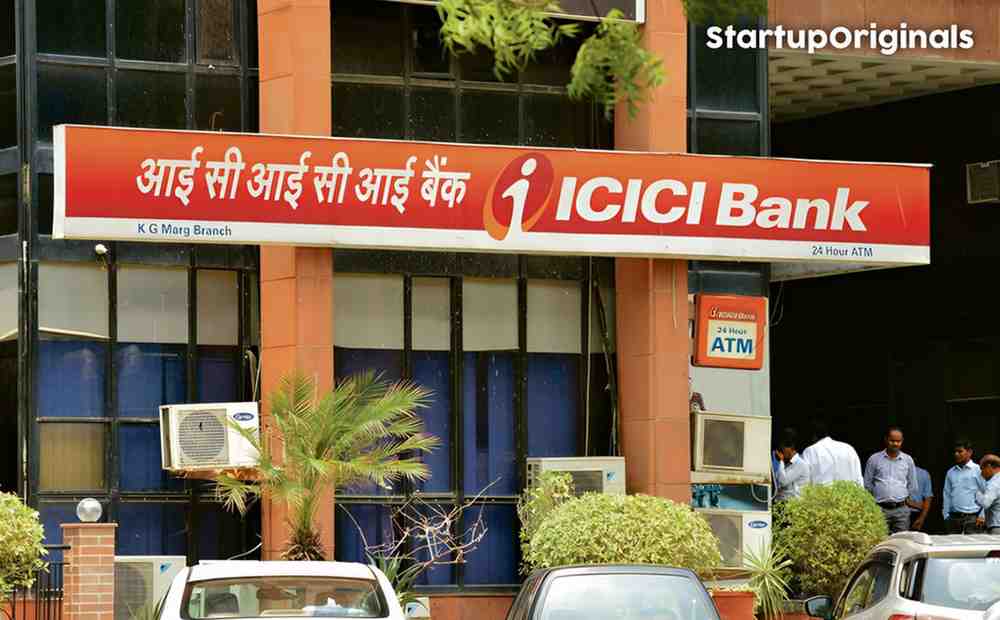
India’s Income Tax Department is intensifying its campaign against taxpayers who failed to disclose cryptocurrency-related earnings. Through a massive data-driven push, thousands of individuals have received official notices or advisory emails flagging non-disclosure or underreporting of income from cryptocurrencies and other virtual digital assets (VDAs). This marks a new era of enforcement, as authorities use sophisticated analytics to detect and curb tax evasion in the digital asset sector.
Why Are Taxpayers Getting Notices?
The crackdown is rooted in discrepancies discovered between what was declared in Income Tax Returns (ITRs) and transaction data sourced from crypto exchanges and TDS (Tax Deducted at Source) returns. Many people either didn’t report these transactions in the required ‘Schedule VDA’ of the ITR, misclassified the nature of their income, or omitted them entirely. The department is now leveraging information from Indian and foreign exchanges, as well as TDS filings, to cross-verify taxpayer submissions and trace unreported income-even for offshore trades.
The Increased Focus: NUDGE Campaign and AI-Powered Analysis
This initiative is a part of the department’s NUDGE campaign, which invites voluntary compliance before coercive measures are taken. The technology-backed drive also utilizes AI and advanced data analytics to sift through billions in crypto transactions-a process that has already exposed high-value discrepancies. The department’s efforts are aimed not only at curbing tax evasion but also at addressing the potential for money laundering and use of unaccounted funds in crypto investments.
What Do Taxpayers Need to Disclose?
All sources of crypto income must be accounted for, including trading, mining, staking, airdrops, or even salary paid in cryptocurrency. Since April 2022, income from VDAs is taxed at a flat 30%, with no deductions except acquisition cost, and a mandatory 1% TDS on transactions. Losses from crypto cannot be offset against any other income or carried forward. Disclosure requirements apply whether the activity occurred through Indian or international platforms-if you used a foreign exchange, reporting under Schedule FA (foreign assets) in addition to Schedule VDA is required.
Penalties and Consequences for Non-Disclosure
Ignoring tax obligations on crypto can have serious consequences. Penalties may include steep fines, interest on unpaid tax, reopening of cases, and even prosecution. In some instances, authorities have conducted search and seizure operations, confiscating hardware crypto wallets and summoning taxpayers for detailed scrutiny. The government can also use international cooperation and trace cross-border transactions to clamp down on non-compliance.
What Should You Do If You Receive a Notice?
- Check Your Records: Collect details of all crypto transactions, wallet statements, exchange records, and TDS certificates.
- Amend Your Tax Return: If you missed reporting crypto income, file an updated return (ITR-U) under Section 139(8A) and pay any dues plus interest.
- Maintain Records: Keep full documentation for all exchanges, trading histories, and wallet addresses for future assessments.
- Prompt Response: Reply quickly and transparently to any queries from the Income Tax Department and consider professional help if needed.
Conclusion: Transparency Is Now Non-Negotiable
The I-T Department’s sharp focus on virtual digital assets means taxpayers can no longer afford to overlook their crypto earnings. With stricter reporting and state-of-the-art surveillance tools, the era of anonymous, tax-free crypto gains is over. To avoid legal trouble, every crypto investor and trader must ensure complete, accurate, and timely disclosure-because in today’s data-driven world, the taxman is always watching.




